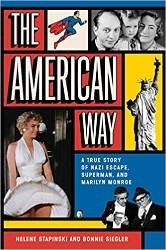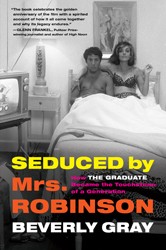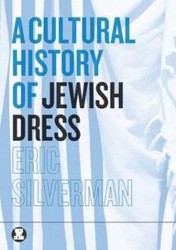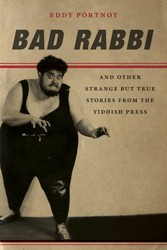Farrar, Straus and Giroux is one of America’s most distinguished publishing houses, with a long list of Nobel Prize winners and eminent authors. A force in literary publishing, FSG was also a force in the person of its founder, Roger Straus, scion of a prominent New York family, high school dropout, and fierce fighter for FSG and its independence in the years when publishing became a high-stakes business.
Boris Kachka, a contributing editor at New York magazine, casts FSG as “the hottest house in New York” and reports its story in a similarly breathless style. Concentrating on personalities — and it is hard to avoid the overpowering personality of Roger Straus — Kachka sometimes shortchanges the nuts and bolts of FSG, the day-in, day-out workings and workers that forged its distinction for bedroom and backroom gossip. Yes, FSG’s offices were dingy and its staff underpaid even by publishing standards, but the house attracted and retained highly talented people, most notably Robert Giroux, the G of FSG. A quiet man dedicated to his craft and his authors, he brought a list of leading literary figures to the house — Robert Lowell, Thomas Merton, Flannery O’Connor, T. S. Eliot, Bernard Malamud, Jack Kerouac. Giroux was instrumental in hiring Henry Robbins, who in his brief time at FSG brought in Tom Wolfe, Joan Didion and John Gregory Dunne, Donald Barthelme, Grace Paley. And Roger Straus also played an important role in building the FSG list; among his authors were Abraham Joshua Heschel, Susan Sontag, and Edmund Wilson. Through foreign scouts and connections at the annual Frankfurt Book Fair, Straus added Carlos Fuentes, Aleksandr Solzhenitsyn, and Pablo Neruda to the FSG list, and through the acquisition of small publishing houses came Isaac Bashevis Singer and Hermann Hesse. This is an absorbing story, deserving of more attention than it receives in this telling.
For anyone who worked in the industry during this time of change when large publishers, backed by the corporations that bought them, paid large advances to authors represented by aggressive agents, Straus’s fight to preserve FSG’s independence and viability in the face of these challenges and his loyalty to his staff and its loyalty to FSG are reminders of what publishing had been. But his struggles against these two evils, personified in his eyes by Richard Snyder of Simon & Schuster — ironically, the publisher of Hothouse—and Andrew Wylie, a new-style agent who demanded previously unheard-of advances, are not told with the same verve as the juicier parts of the story. This is perhaps inevitable, as was the sale of FSG when Straus’s son left the company. The pace of the story slows as Straus sells his company in one phone call, and FSG becomes part of a large publishing enterprise. But thanks to his efforts the company survives in capable hands, still publishing books of high literary quality and importance under the imprint FSG, initials that are a tribute to its founders. Bibliography, illustrations, index, notes.
Maron L. Waxman, retired editorial director, special projects, at the American Museum of Natural History, was also an editorial director at HarperCollins and Book-of-the-Month Club.





